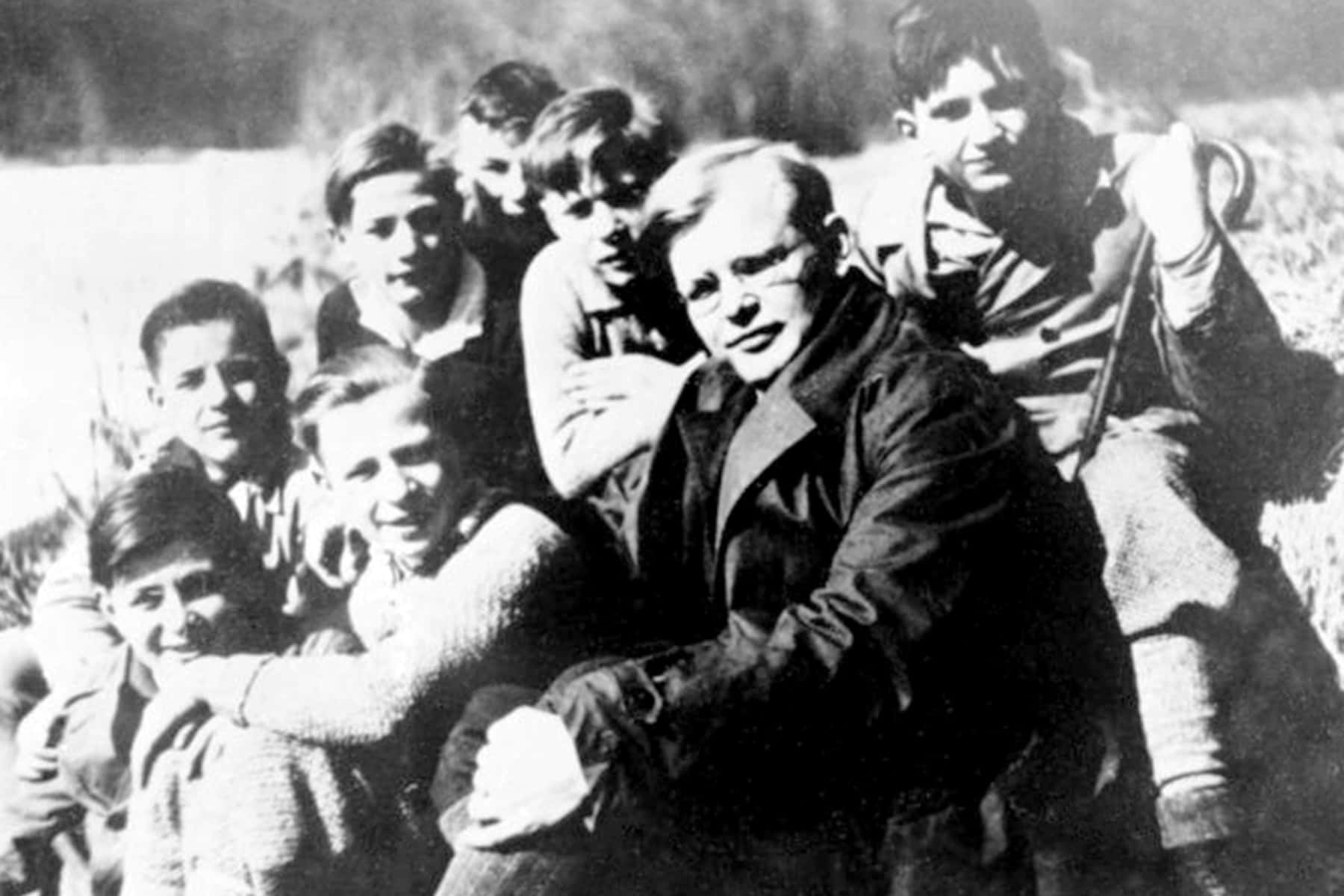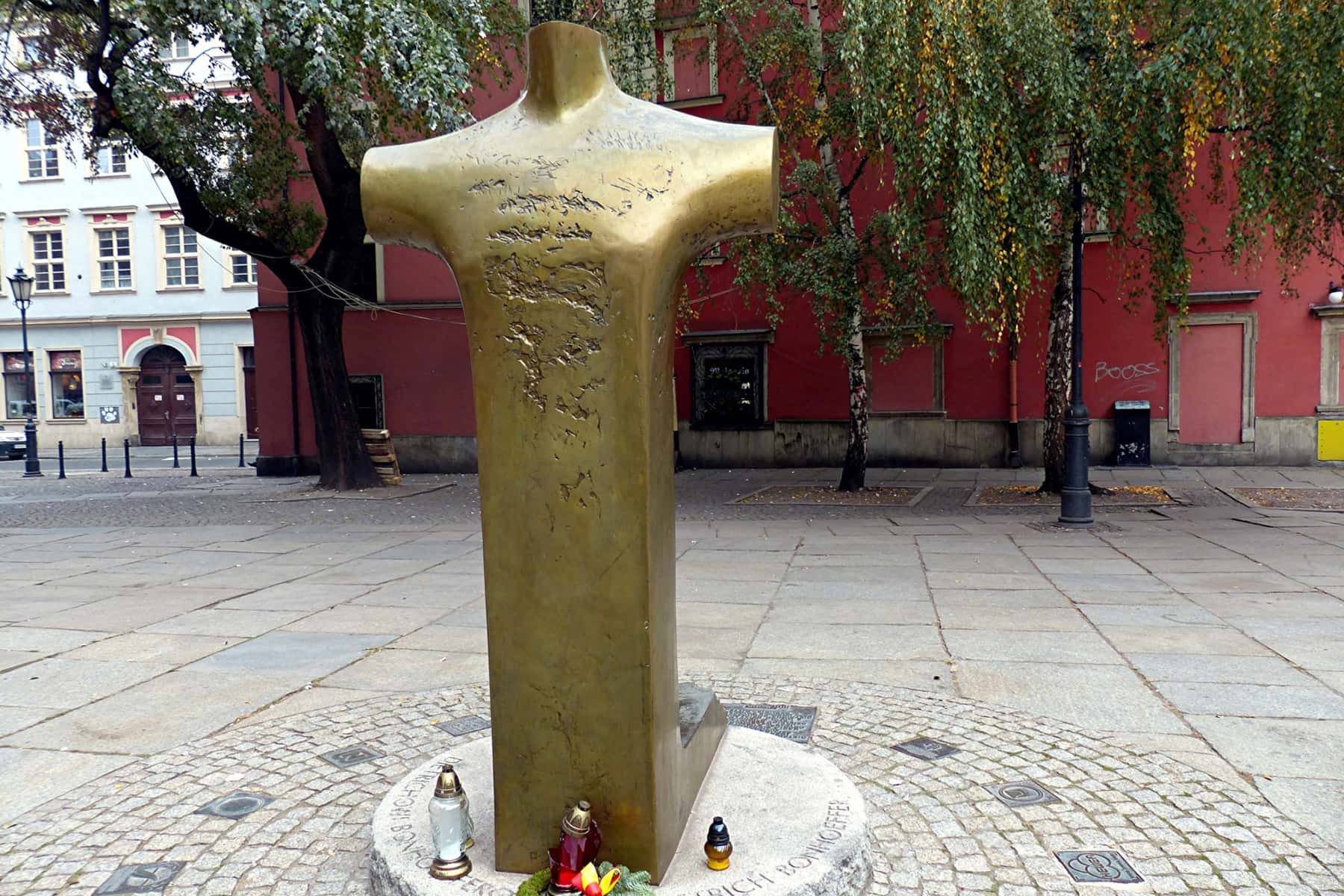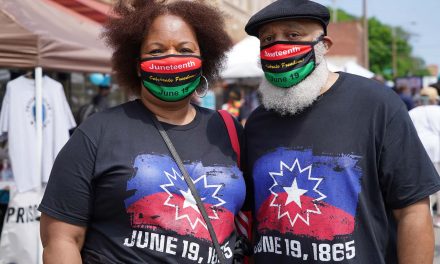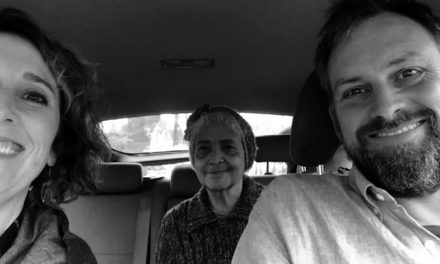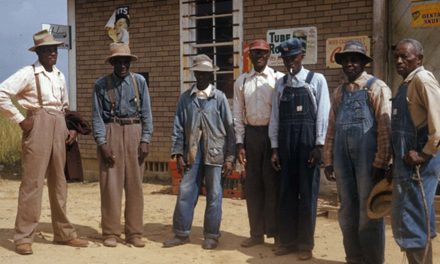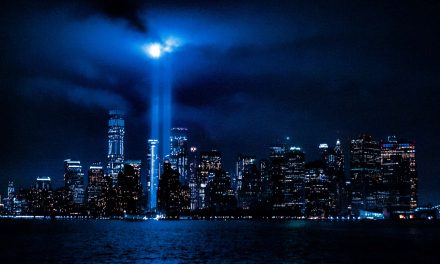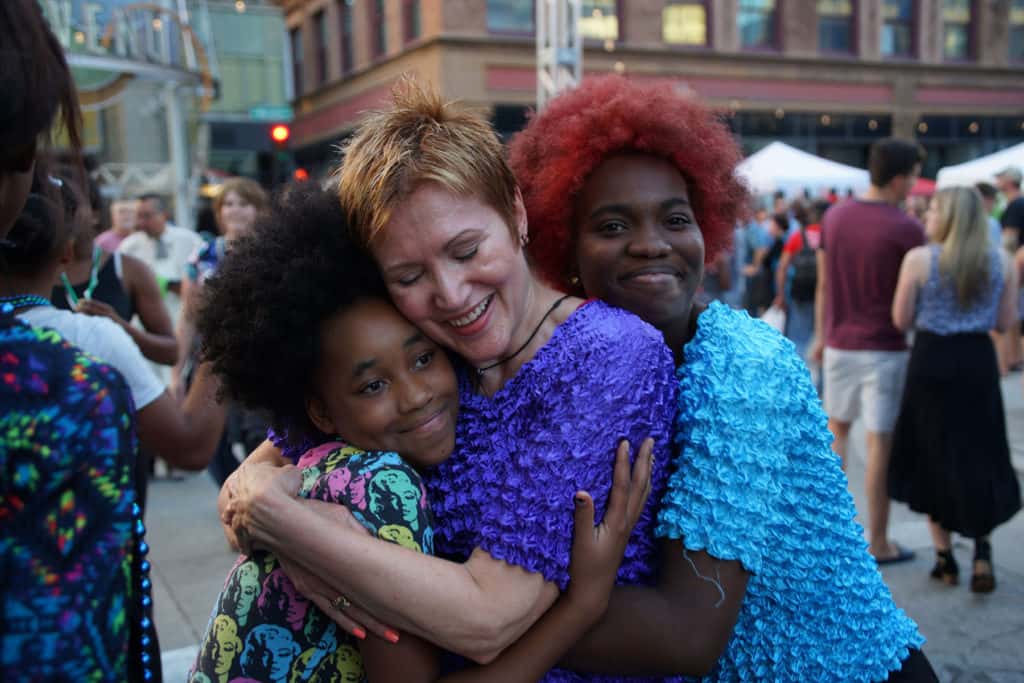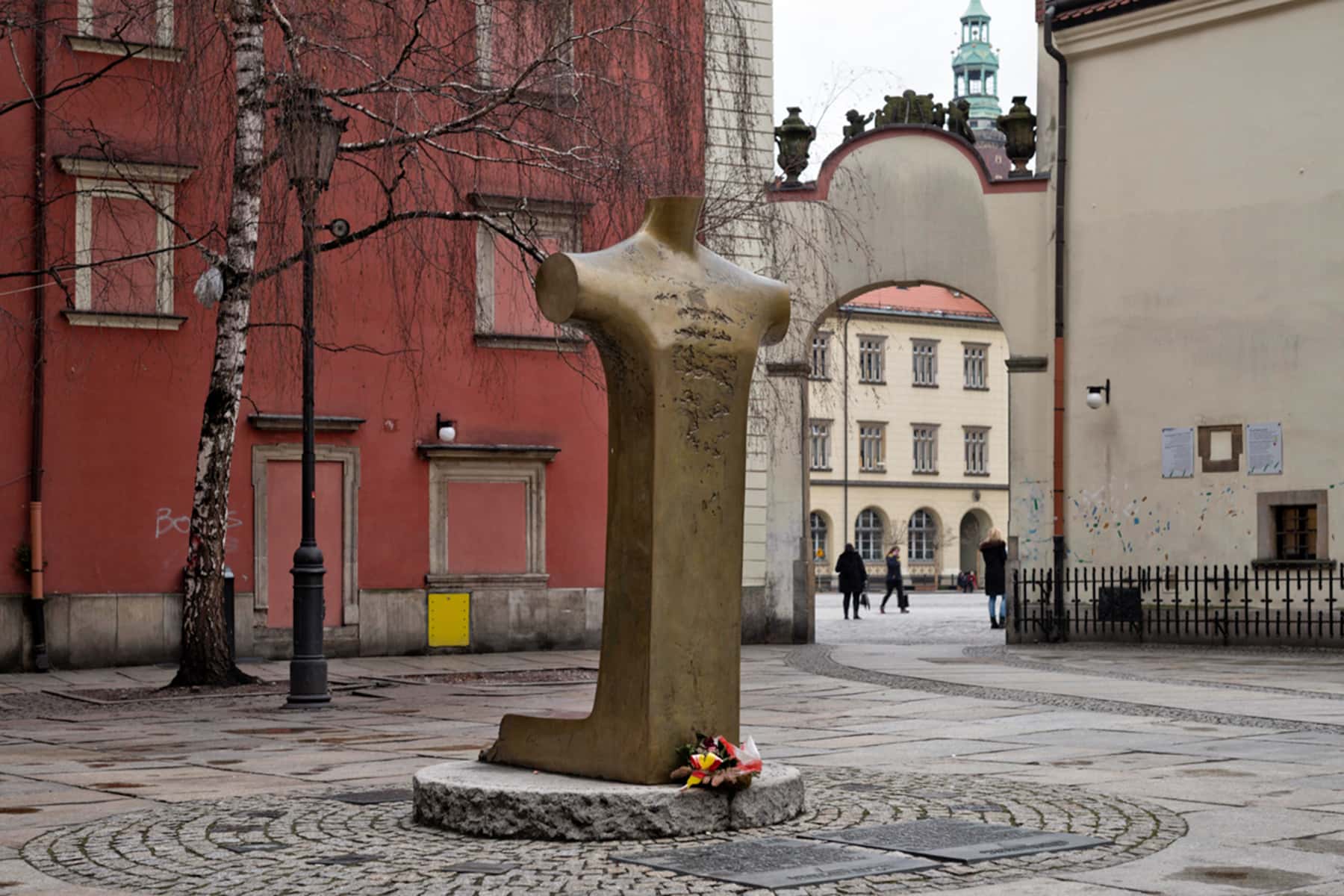
Eighty years ago, a 33-year-old Christian theologian named Dietrich Bonhoeffer returned to his native Germany after a short stay in the United States. He would not live to see his 40th birthday.
The Lutheran and Episcopal Churches, as well as other religious bodies worldwide, recently commemorated the annual remembrance of German Lutheran pastor, theologian, and resister of Nazi totalitarianism and terrorism. On April 9, 1945, after being in held prisoner for two years, Bonhoeffer was hanged for his association with others who resisted Hitler and the atrocities his party committed against Jews, Germans, among others.
Evidence showed the group he worked with also plotted to assassinate Hitler. A week later the Allies liberated that very POW Camp. As he was being led away to what all knew would be his death, Bonhoeffer said, “This is the end – for me, the beginning of life.”
Bonhoeffer wrote a book “The Cost of Discipleship,” that is now a classic. He compares “cheap grace,” which is like a head nod or an “atta boy” to the ethics of following Jesus, without actually getting in the water and risking a swim – with “costly grace,” that throws people into the deep end because they are formed by and live out the ethics of Jesus.
This is not a church and state issue. It is the involvement of a person of faith, regardless of religion, using politics, political action, and involvement to change the world for the poor, needy, oppressed, voiceless and powerless. Such costly grace brought Bonhoeffer into the resistance movement against the Nazis.
Bonhoeffer was also a founder and leader in a church-based resistance movement, the Confessing Church. When he was imprisoned, he refused the prayers of that Church. At a 50th Anniversary commemoration of his death, Klaus Engelhardt, then Presiding Bishop of the Evangelical Church of Germany, lifted up Bonhoeffer’s reasoning, and challenged the church on it.
Bonhoeffer felt that exercising political means to resist evil and injustice set him outside the circle of prayer. Only those imprisoned for their proclamation and work on behalf of the church, not political resistance, should be prayed for, and that exempted him. Engelhardt challenged the religious communities to reconsider Bonhoeffer’s position that separated resistance and faith.
Today what does “costly grace” look like? How do we separate holding religious principles from applying those principles, regardless of their origin, on behalf of the poor, needy, oppressed, threatened, and voiceless? What drives many who risk speaking up in our country against while privilege and nationalism, threats to Muslims, Jews, and law-abiding immigrants?
People of religion and no-religion share a vision of a common good for all. Almost daily tragedy strikes a blow to our hearts and vision for a better world – whether in New Zealand, threats to synagogues, mosques and churches here and worldwide, the continuing rise of gun violence and absence of adults to stand with our children against it. Health care costs for the needy and elderly rise. The opioid epidemic – suicides. It’s overwhelming.
The times in which we live need voices raised and power applied to work for change – beginning locally. In Milwaukee, and in any rural or urban community, we have many opportunities to exercise “costly grace.” Whether driven by religious faith or our compassion, more of us need to raise our voices and take actions to be involved on behalf of so many who are hurting and live in daily fear.
That will lead us to use our voices to exert political pressure on behalf of the voiceless among us. Saying nothing, doing nothing when we know better – that is another definition of “cheap grace.”
The Rev. C. Steven Teague
Krzysztof Ruchniewicz and Leopold Röhrer

